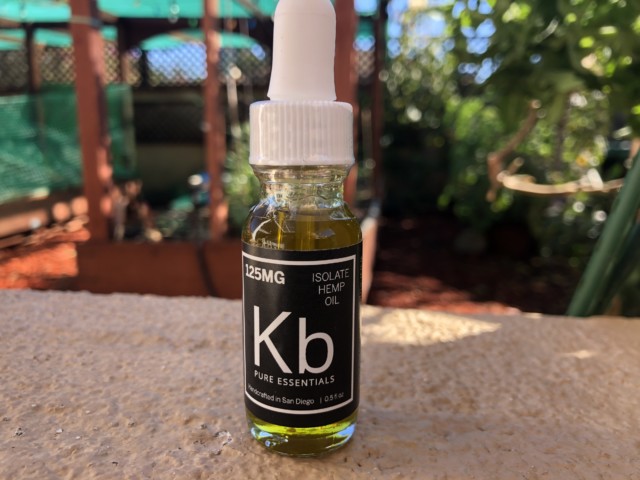
Although they come from the hemp plant, they are free of toxic components and are a nutritional treasure. They are high in protein and rich in fiber and essential minerals.
For some time now, seeds have been a trend among devotees of healthy eating, due to the array of nutritional benefits they offer. Among them, hemp seeds, also known as hemp seeds, are part of this extensive group of ‘superfoods’.
Although for many foodies they are a novelty, the truth is that in China and other Asian countries, they have been part of the regular diet since time immemorial. They have even been used as a therapeutic remedy, as is reflected in some ancient treatises in Chinese medicine.
However, they are also widely accepted in the United States, where President Thomas Jefferson urged the colonists living on his land to sow these seeds for their gastronomic value. As their name indicates, they come from the hemp plant, which is the same species from which hemp is extracted, hence the refusal of many foodies to include them in their diet.
However, they are totally legal, lacking toxic components or cannabidiols and THC residues -Delta-9-tetrahydrocannabinol-, the fundamental component of hemp. In addition, they offer a host of properties, so there is no compelling reason to ostracize them.
With a great nutritional heritage
As we have already mentioned, hemp seeds have a lot to say in the nutritional field. As stated in the United States Department of Agriculture Database, they stand out for their high protein content, since they provide 32.26 grams per 100 grams of product – that is, 23% of their composition -, surpassing other protein options such as flax or chia seeds.
In addition, they have all the essential amino acids. Therefore, they are an excellent alternative to cover these needs, especially for those who follow vegan diets or seek lighter sources than, for example, meat.
Its fiber content is not negligible either; in fact, it represents 43% of its composition. As is well known, this substance is satiating and helps regulate intestinal function, making it ideal for people suffering from intestinal disorders or constipation.
According to the Spanish Heart Foundation, fiber makes us live longer and better since its “consumption is associated with a reduction -between 24% and 56% in men and between 34% and 59% in women- in mortality from cardiovascular disease, respiratory disease, and cancer”.
In the field of vitamins, hemp seeds stand out for their high content of vitamins C and E, powerful antioxidants that fight the deterioration caused by free radicals, which are the cause of a number of diseases. They also strengthen the immune system, reducing the risk of infections and colds, and help to absorb iron, preventing anemia.

They also far exceed the recommended daily amount of manganese and magnesium and include good doses of zinc and phosphorus. In addition, they are generous in omega-3 and omega-6 essential fatty acids, essential for the proper functioning of the body and cardiovascular health. Come and visit hempworx cbd to find more detailed articles about hemp.
As the Spanish Heart Foundation points out, “they stand out for their antiplatelet and vasodilator action, and their effect on lowering blood pressure and thrombosis. Their role in preventing the onset of cardiovascular diseases, arrhythmia, and sudden death has been demonstrated. And they not only lower the level of bad cholesterol or LDL but also slightly increase the good cholesterol or HDL.
Another component found in hemp seeds is arginine. This amino acid is essential for the formation of proteins and also promotes the production of nitric oxide, a substance that favors the dilation of blood vessels, causing their relaxation and, therefore, a lower risk of heart disease.

